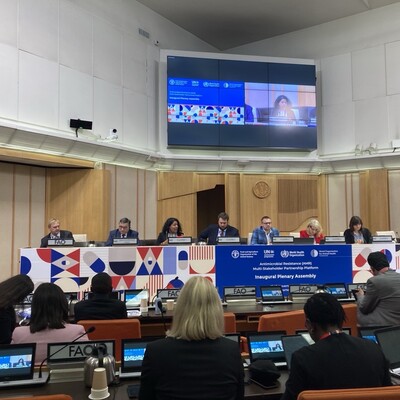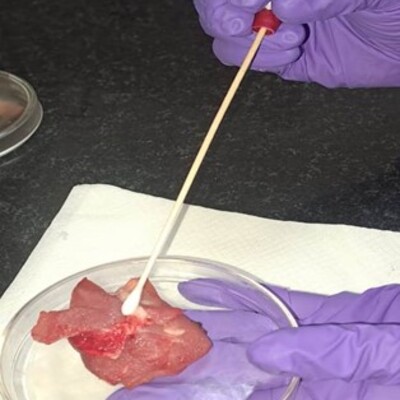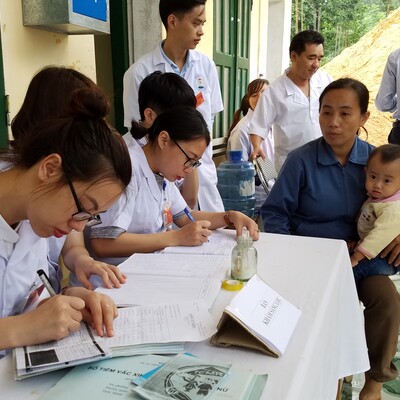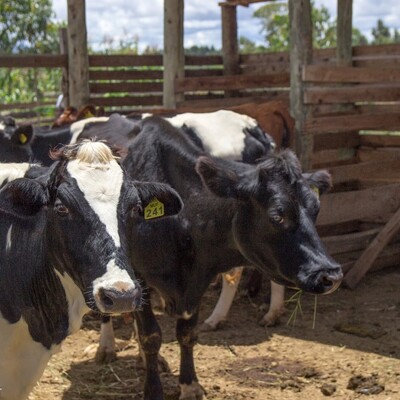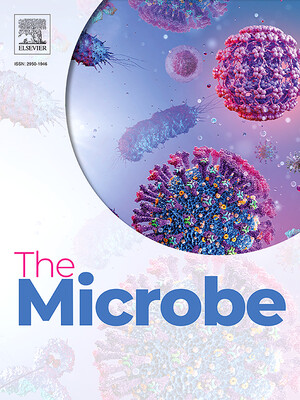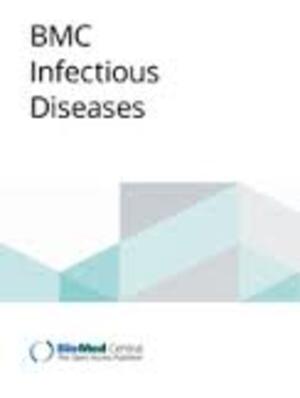
‘Boosting Uganda’s Investments in Livestock Development’ (BUILD) project to hold virtual stakeholder consultation this week
‘Boosting Uganda’s Investments in Livestock Development’—BUILD, for short— is a five-year research-for-development project led by the International Livestock Research Institute (ILRI) and funded by the German government through the Federal Ministry of Economic Cooperation and Development (BMZ). The project involves partners in policymaking in Uganda and East Africa, research collaborators in Uganda, Kenya and Germany, as well as an extension partner to help turn research evidence into use.
The project revolves around the following topics that are high on the agenda of the Ugandan Ministry of Agriculture, Animal Industry and Fisheries (MAAIF).
- Control of a small ruminant plague (peste des petits ruminants, PPR), which has been rampant in Uganda since 2007; the government committed itself to controlling the disease as part of the PPR Global Control and Eradication Strategy of the World Organisation for Animal Health (OIE).
- Control of emerging infectious diseases, especially Rift Valley fever (RVF), a zoonotic disease transmitted by mosquitoes that is closely linked to a livestock reservoir (especially sheep and cattle) and sensitive to climate change.
- Control of antimicrobial resistance (AMR) in poultry value chains in the country’s urban and rural settings. Closely aligned with Uganda’s AMR National Action Plan, this work will assess the country’s use of antimicrobials in poultry systems as well as potential transmission pathways between live poultry, their products and humans to inform the design of interventions to control AMR.
- Improved meat safety, occupational health and disease surveillance from point of slaughter to consumption as a contribution to the Ugandan government’s response to OIE’s Performance of Veterinary Services Gap analyses, which help to build evidence and capacity on veterinary public health at post-harvest points.
BUILD’s inauguration took place in January 2019 at BMZ in Germany attendance included Uganda’s Commissioner Animal Production and Acting Director of Animal Resources, Juliet Sentumbwe; chief veterinary officer, Rose Ademun; and the research director at the National Livestock Resources Research Institute (NaLIRRI). The commissioner for animal health appointed the following four members of her staff to co-lead, with ILRI investigators, the research-for-development components of this project: Paul Lumu (PPR), Dan Tumusiime (RVF), Richard Erechu (AMR) and Jolly Hoona (veterinary public health). The official launch of BUILD followed in June 2019 in Uganda.
Since then the team has developed detailed workplans; recruited 11 national staff and 13 graduate fellows (3 Kenyans and 10 Ugandans); inaugurated a program committee to advise and guide the program; moved to a new office in Kampala and procured a project vehicle. The team has also developed a website, project brochure and monitoring and evaluation framework; set up a project bio- and data repository (hosted at MAAIF) to support the country’s disease surveillance activities; and held two program planning meetings (Jun 2019 and Jun 2020, virtual). More coordination updates.
The BUILD-PPR team has developed an outbreak investigation protocol and investigated five outbreaks in Uganda in 2020. Thirty-six field veterinarians and animal health technicians in 12 districts have been trained in participatory disease surveillance and are now integrated into the project’s outbreak investigation protocol. In collaboration with laboratory staff of Uganda’s National Animal Disease Diagnostics and Epidemiology Centre (NADDEC), the BUILD team is analyzing the samples, including genetically characterizing the isolates. MAAIF and BUILD have jointly refurbished the lab and animal houses for vaccine experiment and outbreak investigation work. Moreover, the national PPR steering committee has been mobilized with BUILD funds and plans for a multi-stakeholder platform and regional engagement have been completed. More BUILD-PPR updates.
The BUILD-RVF team has implemented a 10-day training course for the government’s district entomologists in 12 target districts. These entomologists have previously deployed to help monitor tsetse fly abundance as well as support the government’s efforts to contain tsetse-transmitted ‘nagana’ (African animal trypanosomiasis) and its cousin, human sleeping sickness. The dozen have now been trained in collecting and identifying mosquito species that are known vectors of RVF and are now integrated in the BUILD team’s surveillance activities. Space for a new insectary was allocated by NaLIRRI and refurbished with funds from the ILRI/BMZ One Health Research, Education and Outreach Centre in Africa (OHRECA). Research fellows in the RVF team are working on characterizing RVF isolates collected in previous outbreaks in Kenya and Uganda while the Uganda-based team is developing outbreak investigation protocols and this year investigated an outbreak in Kabale District. More BUILD-RVF updates.
The BUILD-AMR team has conducted a national capacity needs assessment and AMR stakeholder mapping in Uganda, engaged with the national task force which is implementing Uganda’s National Action Plan on AMR and set up the NaLIRRI laboratories for pilot studies. Studies on antimicrobial use in urban and rural poultry value chains and studies on residues and transmission pathways of resistant pathogens have been conceptualized and will be implemented once the COVID-19 related travel restrictions are lifted. More BUILD-AMR updates.
Elsewhere, the BUILD-Veterinary Public Health (VPH) team has engaged with Uganda’s district authorities to set up abattoir-based studies in seven sites across the country. A baseline assessment studying knowledge and practices around good hygienic practices of meat handlers from slaughter to retail has been designed and will be conducted as soon as fieldwork is possible again. Meanwhile, the team is working on designing meat handlers and meat inspectors training that will be delivered through Vétérinaires sans Frontìeres Germany (VSF-G) and MAAIF. More BUILD-VPH updates.
To ensure that research is translated into use and developmental change, the BUILD team incorporates policy experts, extension agents and researchers who will together generate data on animal and human health problems and potential solutions in Uganda. They will support evidence-informed decision-making by the government through MAAIF (e.g. on vaccination and surveillance) and tailored training of livestock value chain actors. BUILD works closely with Kenyan and German partners to exchange expertise and lessons learned. Due to the COVID-19 pandemic this year, the BUILD team has had to work virtually, which has delayed some of its planned work.
Learn more about the project, its partners and activities in a half-day virtual BUILD stakeholder consultation on Thursday, 1 Oct 2020, from 9:00 a.m. to 12:00 p.m. East African Time.
BUILD is funded by Germany’s Federal Ministry of Economic Cooperation and Development and further supported by two CGIAR research programs—on Agriculture for Nutrition and Health and on Livestock.






